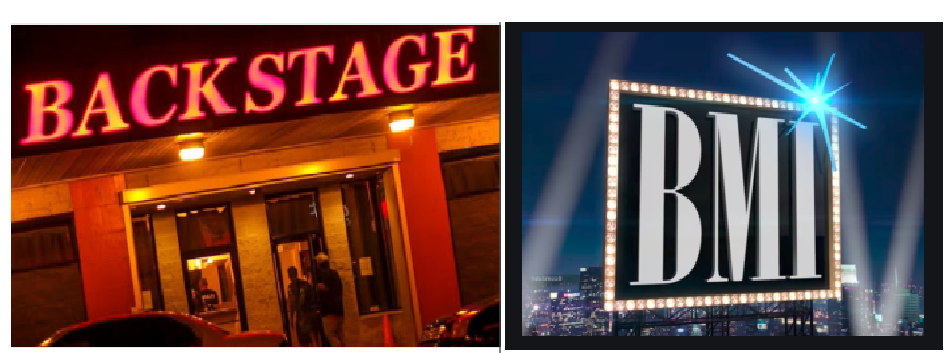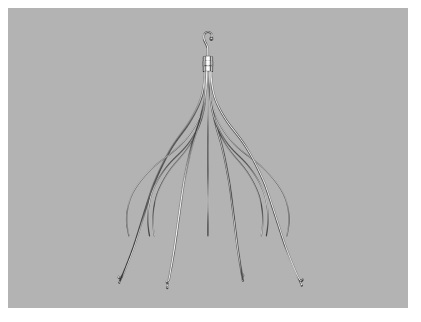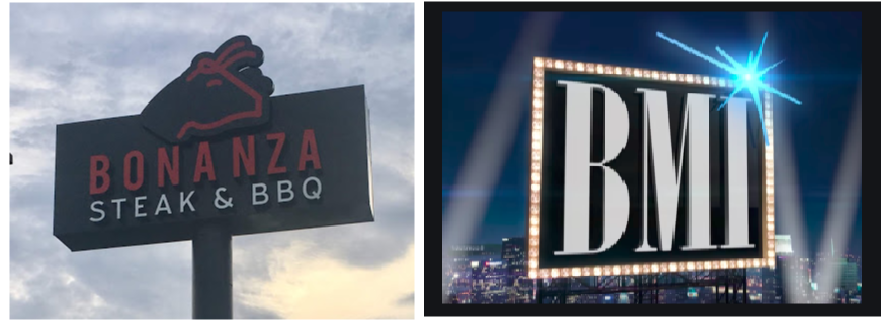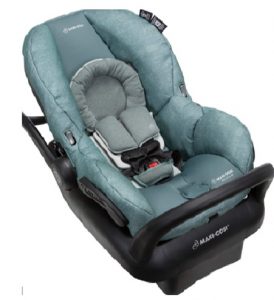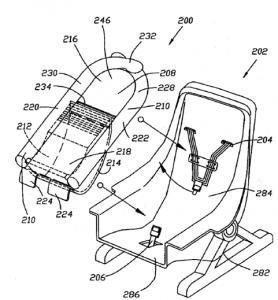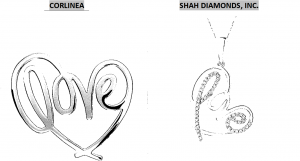District of Oregon – Richard Bell, a well-known copyright infringement litigant, has filed over 100 lawsuits regarding infringement of U.S. Copyright No. VA0001785115 (the “Indianapolis Photo”). However, in September 2019, a federal jury in Bell v. Carmen Commercial Real Estate Servs. found that Bell was unable to prove that he actually owned the Indianapolis Photo. Case No. 1:16-cv-01174-JRS-MPB, (S.D. Ind. Sept. 26, 2019). Being that the first element in a copyright infringement claim is to prove ownership of a valid copyright, it appeared that the jury’s decision would put an end to future litigation for Bell.
In the present case, Bell, sought a default judgment against Michael J. Davis and three other Defendants for allegedly infringing his rights in the Indianapolis Photo in the U.S. District Court for the District of Oregon. After the Defendants failed to appear or respond to the Complaint, the Magistrate Judge issued an entry of default against all of the Defendants. Bell then filed a motion for an entry of default judgment to be entered along with an award of $150,000 in statutory damages, attorneys’ fees, costs, and injunctive relief.





